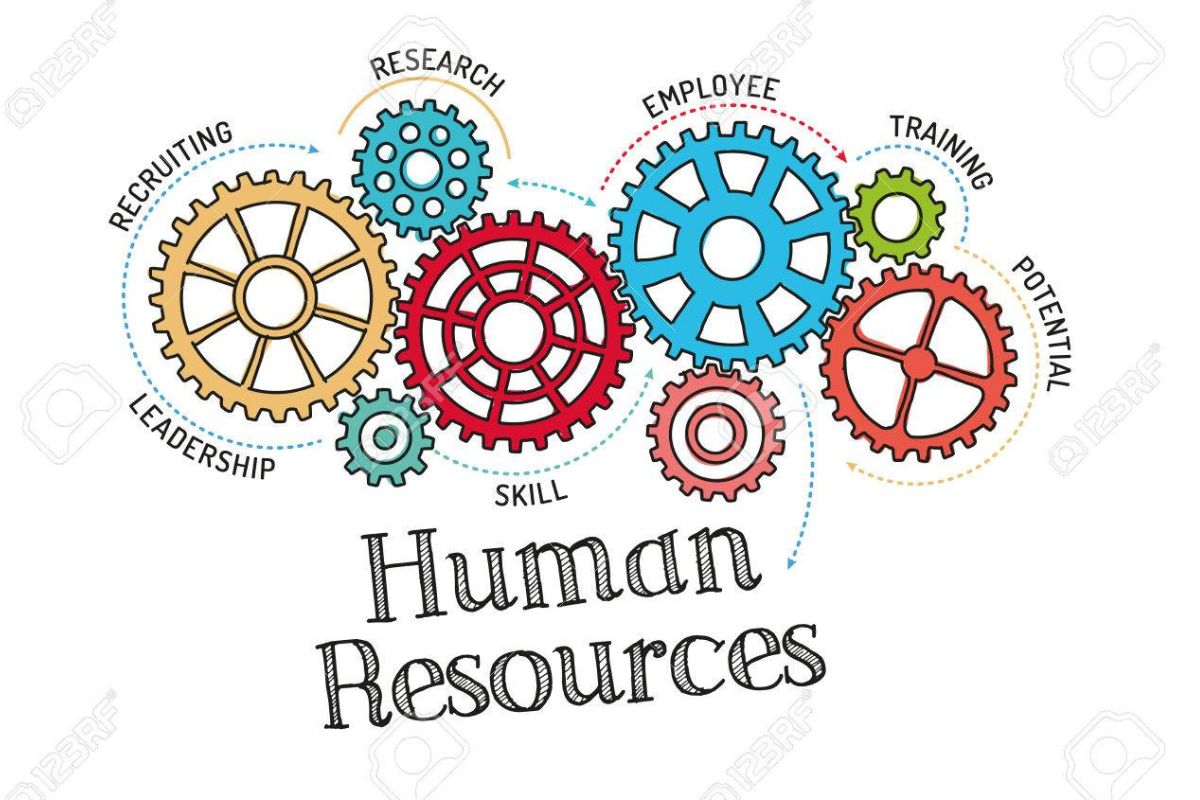In today’s business landscape, a company’s ability to compete and thrive is dependent on its people. A company with top-notch employees will have a competitive advantage over one that does not. To remain competitive, companies need to provide their employees with ample opportunities for work and rest during the workweek. To enable this, many U.S. workplaces now use laws and policies called “job security laws” or “labor law agreements” to ensure their employees have adequate time for their job and downtime outside of it. These laws are commonly referred to as “reasonable time leave for sick days” (or “short-term disability leave”) or “long-term disability leave” – they are all the same thing! They also go by different acronyms including Family or Medical Leave Act (FMLA), Disability Accommodation Program (DAP) Short Term Disability (STD) Leave, Long Term Disability (LTD) Leave, Critical Illness Leave or Personal Emergency Leave.
What is job security leave?
Job security leave refers to the right an employee has to take leave under certain conditions without getting fired or being faced with any adverse consequences. This can include situations when an employee is unable to work because they are caring for someone who is sick, in the hospital or experiencing a family emergency.
What is FMLA?
The Family and Medical Leave Act (FMLA) is a federal law that gives qualifying employees the right to take job-protected leave for specified reasons related to the health of the employee or the employee’s family member. Under the FMLA, an employee can take up to 12 weeks of unpaid leave during any 12 months for one of the following reasons: A) The employee’s own serious health condition; B) The employee’s care for a covered family member with a serious health condition; C) The employee’s own serious health condition requiring care by a hospital, health care facility, Level I trauma center, or another care facility; or D) The birth of the employee’s child.
What is DAP?
The Disability Accommodation Program (DAP) is a program that enables an employee with a disability to request an accommodation that would enable that person to participate in the company’s regular activities or to be employed by the company.
What is Short-Term Disability?
Short-term disability is a monthly benefit that helps cover your income when you need to take leave due to an injury or illness that is expected to be temporary. Depending on your health plan, the coverage can range from 10% to 100% of your income.
What is LTD?
Long-term disability is a monthly benefit that helps cover your income when you cannot work due to an injury or illness that is expected to last for at least six months.
Is Job Security Leave Compatible with the ADA?
Yes. The ADA protects employees against being fired because they need to take time off to care for themselves or their family members. An employer cannot fire an employee who needs to take FMLA leave or who needs to take leave under other disability laws. Similarly, an employer cannot fire an employee who needs to take certain forms of military leave, such as Leave Without Pay or military family leave. Similarly, an employer cannot fire an employee who needs to use certain forms of job security leave, job security leave for sick days, job security leave for short-term disability, and job security leave for long-term disability.
Is LTD Leave Compatible with the ADA?
Similar to FMLA, some of the key features of the ADA that protect employees from being fired for taking job security leave are: The ADA prohibits employers from firing employees for reasons unrelated to the ability to perform their jobs.
Which type of leave should you choose for your workplace?
While job security leave is legitimate and can be a good fit for certain workplaces, it is important to note that not every workplace may be a good fit for this type of leave. For instance, a workplace that is highly regulated and subject to financial penalties may not be the best fit for job security leave as they may be more likely to face firing or other adverse consequences as a result of taking job security leave. Ultimately it is best to assess your workplace and see if job security leave is a good fit for your company.
The bottom line
When it comes to maintaining a healthy work/life balance, it is best to consult with your HR department to learn more about your legal rights under your company’s policies. While job security leave is a common legal protection for employees, it is not for every workplace. And it is important to note that job security leave is not always compatible with the ADA, nor is it always a good fit for every workplace. As you can see, there is a lot of confusion surrounding job security leave and its policies. But don’t worry, your HR department can address your questions around your company’s leaves.
© Virtual HR Services for Small Businesses LLC

